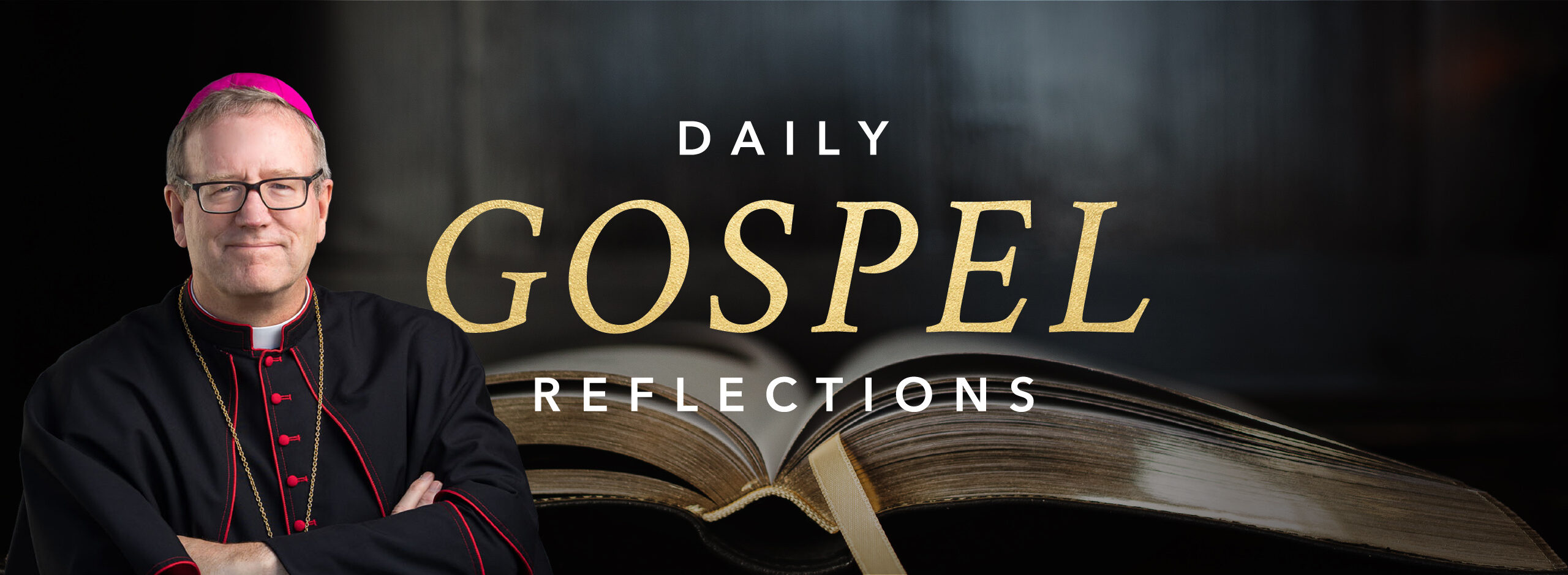Friends, in today’s Gospel, Jesus says, “Whoever wishes to come after me must deny himself, take up his cross, and follow me.” Even a cursory reading of the Gospels reveals that Jesus’ death is the center and goal of the narrative, that which animates and gives verve to the story.
How can we make sense of this stubborn cruciformity of Christianity? We can do so only if we remember that God is love. In our pride, our rebellion, our cruelty, and above all our fear, we human beings had changed ourselves into a dysfunctional family. Designed to soar into the fullness of God, we had turned ourselves tragically inward, locking ourselves into the cramped and icy space of sin.
When it appeared as though the human race were doomed to self-destruction, God sent not simply a prophet, a representative, or a plenipotentiary but his own self, his own heart. And this divine Son, incarnate in Jesus of Nazareth, entered into the darkness and the tempest of human disorder. He went to the poor, the hungry, the self-righteous, those drunk on power and those with no power—to everyone languishing in the iciness of the far country—and called them home.
